Los días 21 y 22 de abril tuvo lugar en Nairobi, Kenia una reunión de los secretarios generales de los sindicatos afiliados a la Internacional de la Educación (IE): Basic Education Teachers’ Union of Zambia (BETUZ), Association (ETA), Ethiopian Teachers’ Association (ETA), Kenya National Union of Teachers (KNUT), National Professional Teachers’ Organisation of South Africa (NAPTOSA), South African Democratic Teachers’ Union (SADTU), Uganda National Teachers’ Union (UNATU) y Zambia National Union of Teachers (ZNUT).
Estos siete sindicatos participarán en la nueva iniciativa desarrollada conjuntamente por la IE y la Iniciativa para la Educación de las Niñas de la ONU (UNGEI): Education Unions Take Action to End School-Related Gender-Based Violence (Acción de los sindicatos de la educación para poner fin a la violencia basada en el género relacionada con la escuela).
Un obstáculo importante para la educación de las niñas
La violencia de género relacionada con la escuela es una preocupación a escala mundial que impide a millones de niños y adolescentes en todo el mundo ejercer su derecho a una educación en condiciones de seguridad, inclusiva y de calidad. Alumnos/as, educadores/as y personal de apoyo educativo pueden ser igualmente víctimas y autores de este tipo de violencia. Pese a que afecta tanto a hombres como mujeres, a niñas y niños, las más vulnerables a este tipo de violencia son las niñas y las mujeres.
Aun cuando un número creciente de agentes de desarrollo están trabajando para hacer frente a la violencia de género relacionada con la escuela, los sindicatos de la educación se han mantenido esencialmente al margen de estos esfuerzos. Los educadores y sus sindicatos son claramente agentes clave en los planes, acciones y políticas significativas de múltiples partes interesadas en la escuela y la comunidad para eliminar esta violencia de género relacionada con la escuela.
En su discurso de apertura, Wilson Sossion, Secretario General del KNUT y Presidente del Comité Regional Africano de la IE señaló que “la violencia basada en el género en la escuela es una amenaza para las niñas en nuestras sociedades”.
Asimismo, añadió que los sindicatos tienen “una gran responsabilidad con la comunidad y deben unirse con el fin de erradicar por completo este tipo de violencia” y “para lograr una coexistencia sostenible, los sindicatos no deben contentarse solamente con su desaceleración o su minimización”.
Los sindicatos de la educación toman medidas para poner fin a la violencia de género relacionada con la escuela
Esta es la primera iniciativa de este tipo destinada a aplicar la resolución de 2015 de la IE sobre la violencia basada en el género relacionada con la escuela. La financiación proviene del Gobierno de Canadá (Global Affairs Canada) y se ha asignado a mejorar las capacidades de los sindicatos participantes y de sus miembros para participar en la lucha encaminada a erradicar la violencia de género relacionada con la escuela ensayando, reproduciendo y difundiendo de manera sistemática enfoques innovadores a múltiples niveles dentro de sus respectivos contextos.
Los socios técnicos de la iniciativa UNGEI, Gender at Work, guiarán a los sindicatos en la aplicación de la metodología de aprendizaje activo. El aprendizaje activo es un enfoque que permite a los grupos encontrar soluciones nuevas a problemas complejos. Fue desarrollado inicialmente por expertos científicos, posteriormente fue adoptado por el sector privado y ahora es practicado por organizaciones del sector público y sin fines de lucro de todo el mundo. Gender at Work ha diseñado e implementado procesos de aprendizaje activo con más de 50 organizaciones en todo el continente africano, incluyendo un extenso trabajo con varias grandes organizaciones sindicales en Sudáfrica.
Los siete sindicatos de África oriental y meridional pasarán por el proceso de aprendizaje activo en materia de violencia de género relacionada con la escuela durante un período de 18 meses (hasta octubre de 2017).
También participó en la reunión el personal encargado del trabajo relativo a la igualdad de género de los siete sindicatos, al igual que la Coordinadora Principal Regional de la IE, la Sra. Assibi Napoe y la Sra. Nora Fyles, Responsable de la Secretaría de UNGEI, así como los socios de Gender at Work.
De las palabras a la acción
La resolución de la IE sobre la violencia basada en el género en la escuela fue aprobada por unanimidad en el 7º Congreso Mundial de la IE en Ottawa, en julio de 2015, y mediante ésta, las organizaciones miembros de la IE afirman que “no es posible ofrecer una educación de calidad sin abordar las cuestiones relativas a la protección del menor y la seguridad del personal en los entornos educativos, así como en el camino hacia ellos, dado que los niños pequeños, las mujeres y las personas LGBT son particularmente vulnerables”.
Los afiliados también expresaron su preocupación de que este tipo de violencia sea “un obstáculo fundamental para la consecución de los ODM y de la EPT, y, a menos que se hagan esfuerzos serios para eliminar la violencia de género relacionada con la escuela, también seguirá siendo un obstáculo después de 2015”. Por lo tanto, en virtud de esta resolución, se dio mandato al Consejo Ejecutivo de la IE de “colaborar con las agencias de la ONU y otros socios estratégicos de la sociedad civil que trabajen en torno a cuestiones de VBGE a nivel nacional, regional e internacional para garantizar que el conocimiento, las experiencias y las perspectivas de los docentes, los educadores y el personal de apoyo educativo se incluyen de forma consistente y se reflejan en dicho trabajo”.
Fuente: http://www.ei-ie.org/spa/news/news_details/3948
Imagen: https://www.google.com/search?q=Educadores/as+africanos/as+intensifican+la+lucha+para+erradicar+la+violencia+basada+en+el+g%C3%A9nero+en+la+escuela&source=lnms&tbm=isch&sa=X&ved=0ahUKEwi30JbIibPMAhWJ_R4KHV5gA0EQ_AUICCgC&biw=1366&bih=623#imgdii=ZTq5-LpXjnnp7M%3A%3BZTq5-LpXjnnp7M%3A%3BLOURsASsD9w3JM%3A&imgrc=ZTq5-LpXjnnp7M%3A

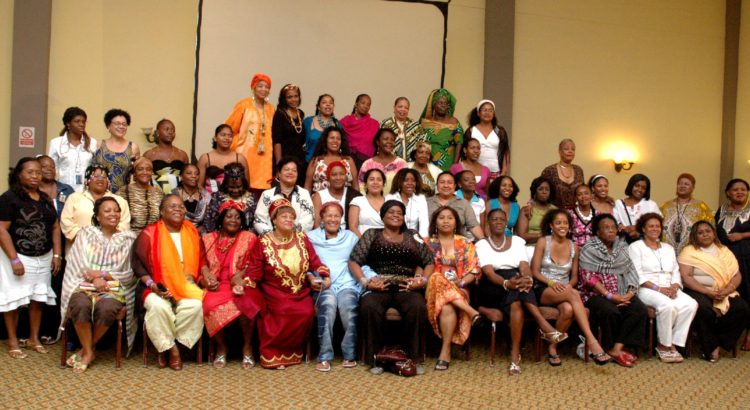
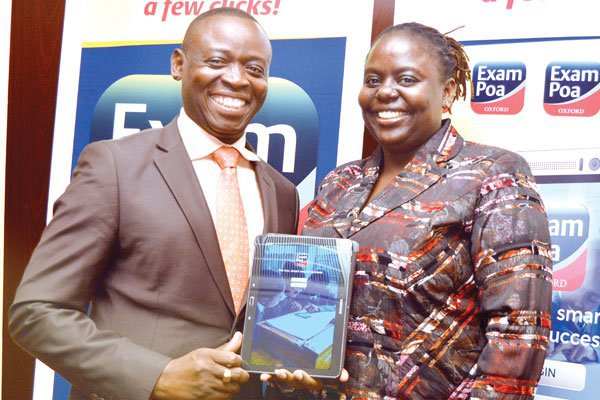


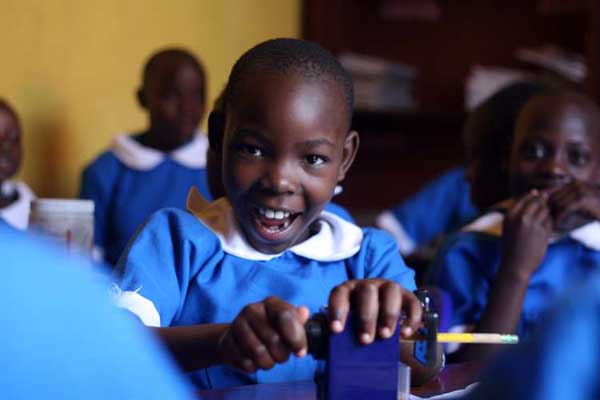
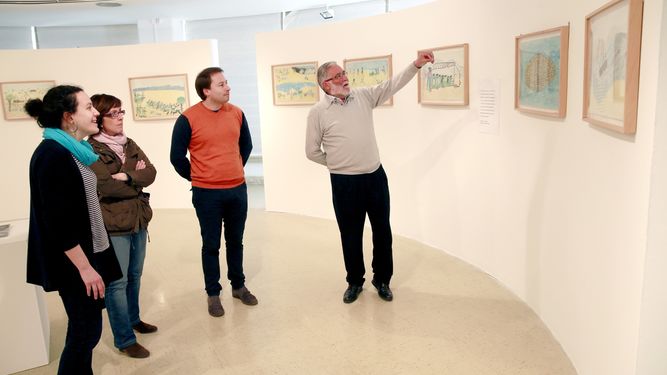
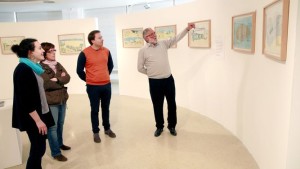





 Users Today : 145
Users Today : 145 Total Users : 35408544
Total Users : 35408544 Views Today : 179
Views Today : 179 Total views : 3339224
Total views : 3339224